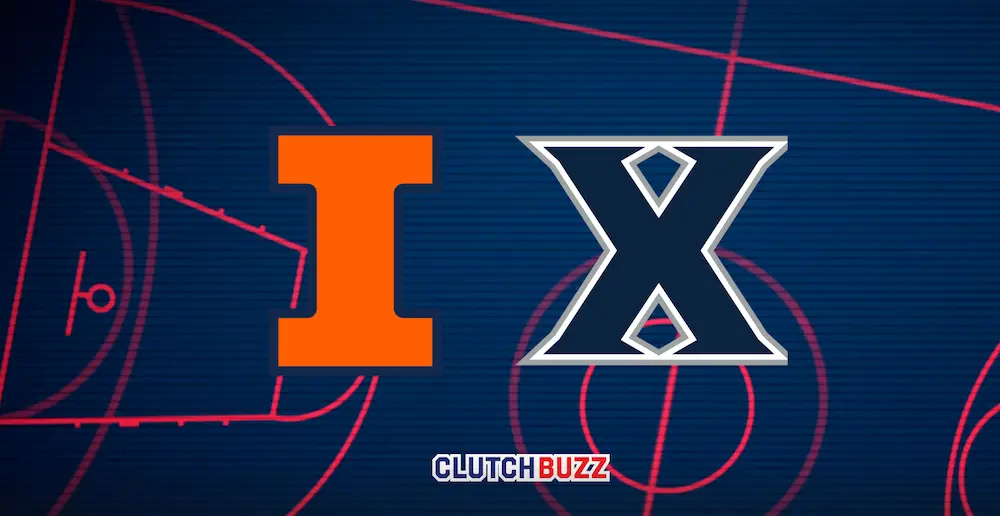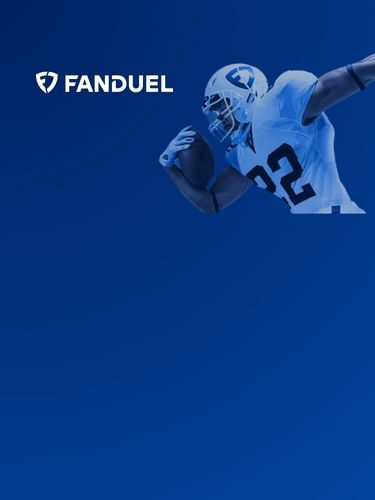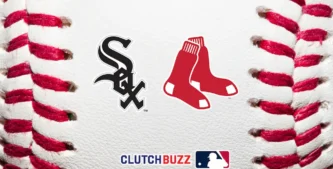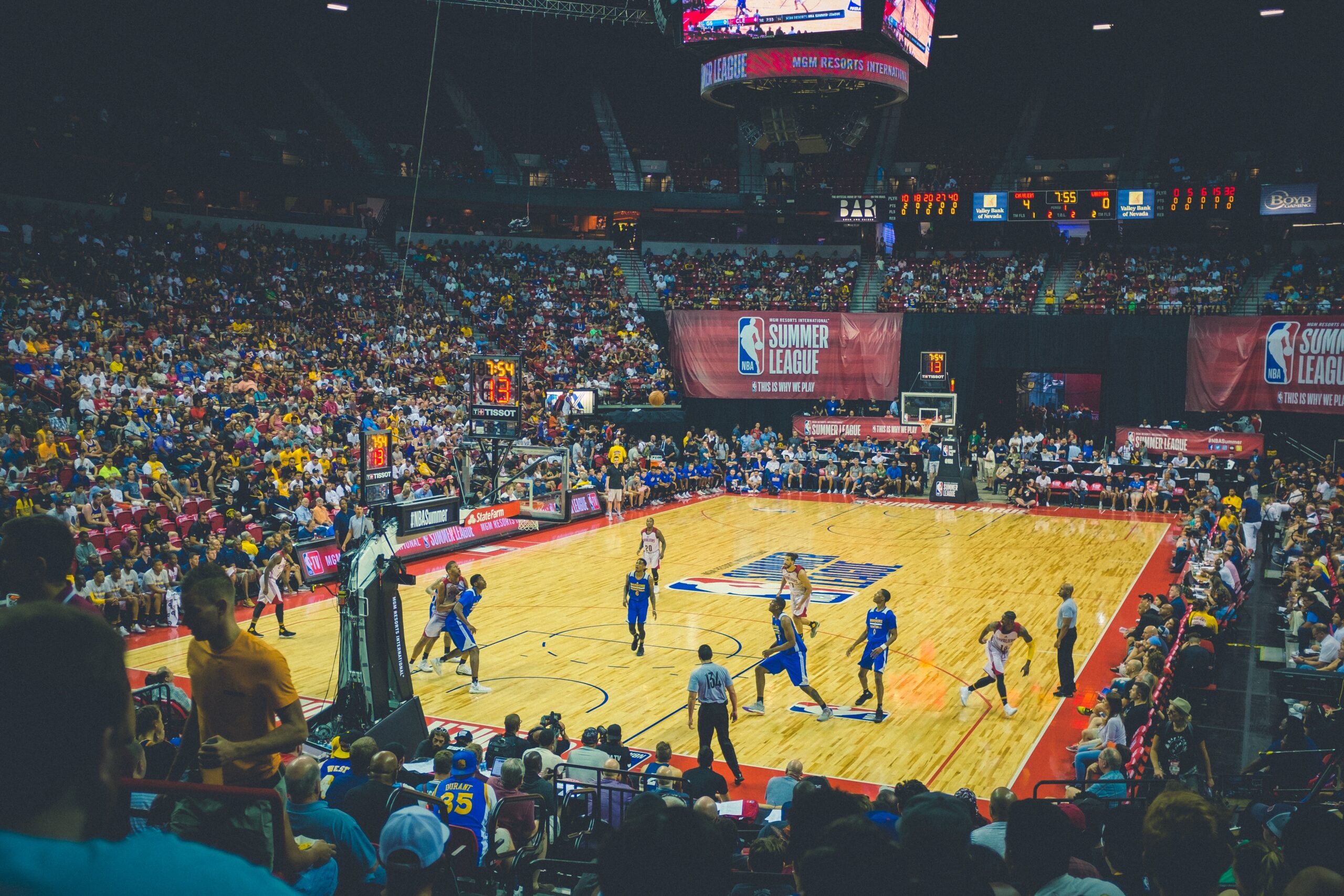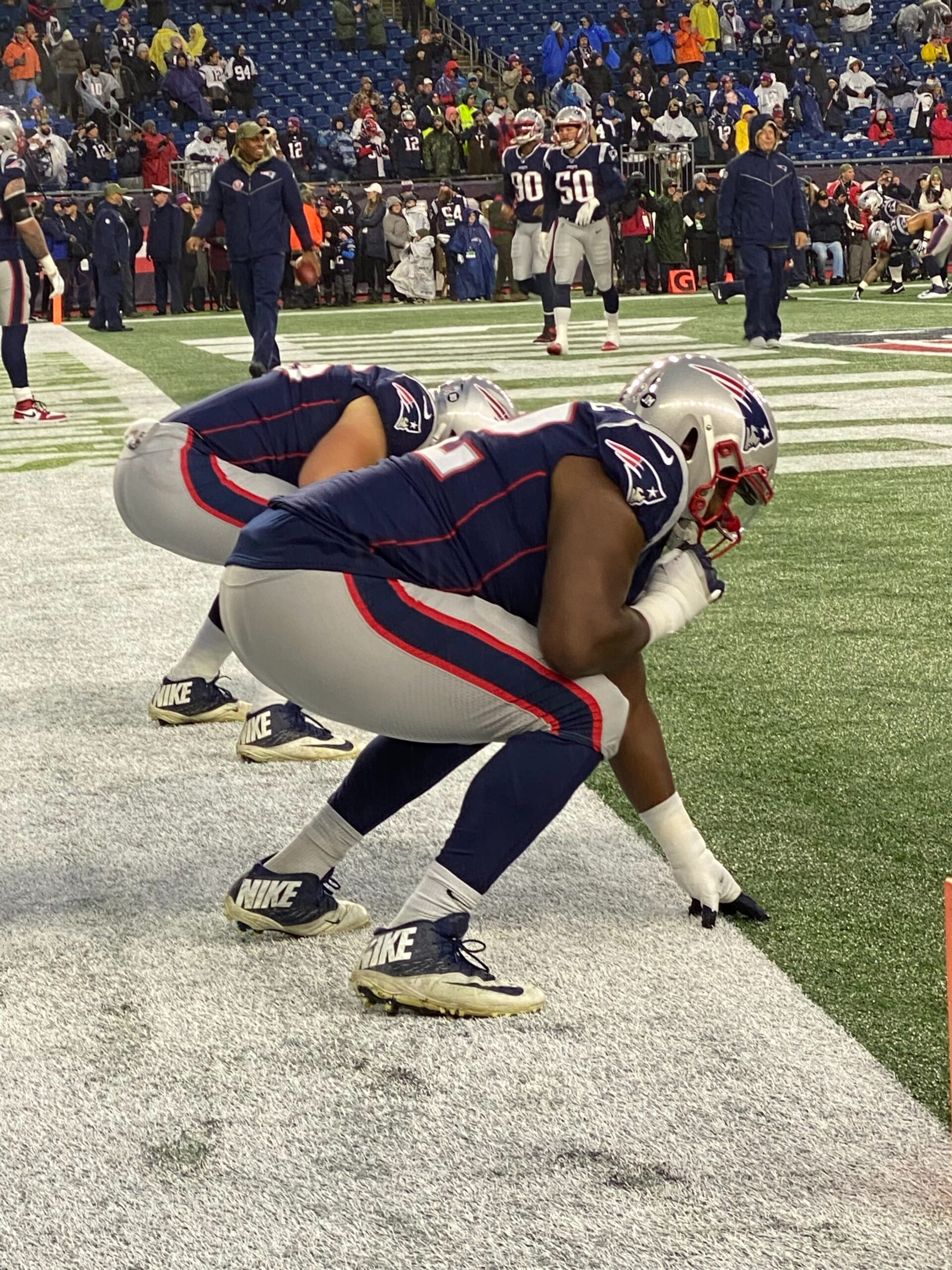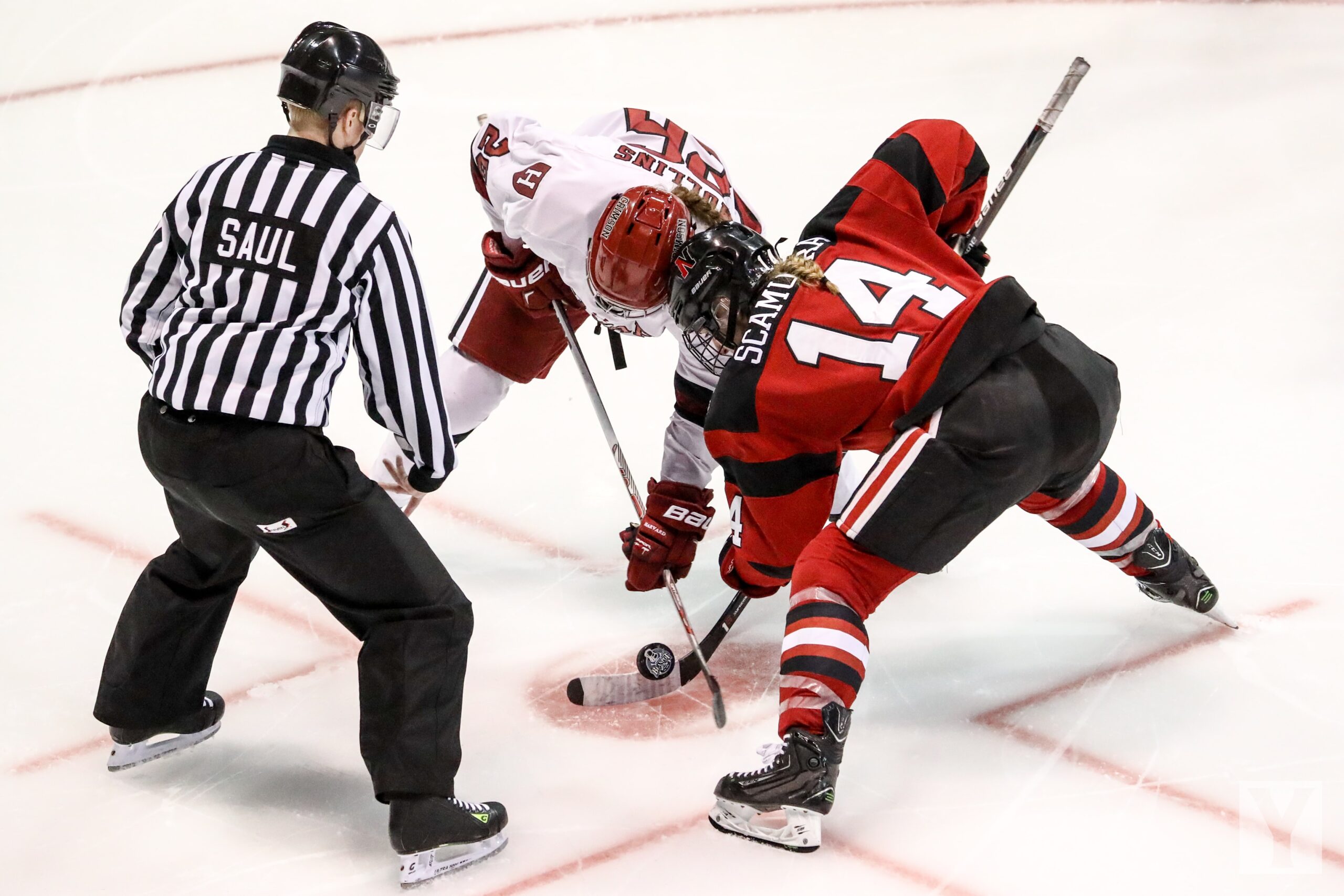Get the latest analysis, predictions, and betting odds for the Illinois vs. Xavier first-round matchup in the 2025 NCAA Tournament. The No. 6 seed Illinois Fighting Illini face the No. 11 seed Xavier Musketeers in a first-round NCAA Tournament showdown in Milwaukee. Illinois (21-12) is only a 3.5-point favorite over Xavier (22-11) despite the seeding gap, signaling a potentially tight contest.
Below is an in-depth look at both teams’ form, key players, odds, strengths/weaknesses, advanced metrics, and a head-to-head statistical comparison, followed by predictions and best bets.
Check out the best March Madness betting promos here and read our preview below.
Team Records and Recent Form
Illinois (21-12, 12-8 Big Ten)
The Illini had an up-and-down season in the Big Ten, finishing 7th in the conference. They boast a high-powered offense but struggled with consistency. Illinois was blown out in the Big Ten Tournament by Maryland, underscoring their volatility – they’ve had both big wins (e.g. 109–77 at Oregon, 94–69 at Indiana) and heavy losses against top teams. They enter the tournament on a sour note after that lopsided defeat, but overall remain immensely talented and play at a fast pace. This is a youthful Illini squad with several first-year standouts, meaning inconsistency has been an issue. However, Illinois also hasn’t been fully healthy for stretches of the season, so they believe their best basketball could still be ahead.
Xavier (22-11, 13-7 Big East)
The Musketeers finished 4th in the Big East and had to earn their spot through the First Four. They caught fire in February and carried that momentum into March. Xavier won a thrilling First Four play-in game over Texas 86–80, rallying from behind in Dayton on Wednesday night. That comeback victory showcased Xavier’s resilience – “right when you think you’re going to count us out, we win,” said head coach Sean Miller. Indeed, Xavier has the “comeback gene” and won’t be intimidated by Illinois. They went 13-7 in a strong Big East, proving they can hang with top teams: Xavier split games with UConn and Creighton and pushed No. 1 seed St. John’s to overtime on the road. This is an older, experienced Musketeers group riding a wave of momentum and confidence.
Key Players and Season Stats
Illinois Fighting Illini
Kasparas Jakucionis (G, Fr.)
The 6’6” Lithuanian freshman guard is the engine of Illinois’ up-tempo attack. A projected NBA lottery pick, Jakucionis stuffs the stat sheet, averaging 15.0 points, 5.6 rebounds, and 4.6 assists per game. He pushes the pace in transition and thrives at attacking the rim. While he’s hit a bit of a “freshman wall” late in the year, Jakucionis has an edge in this matchup against Xavier’s slower-footed perimeter defense. Illinois’ fast offense often runs through him, and when he’s on his game – penetrating and creating for others – the Illini are very tough to beat.
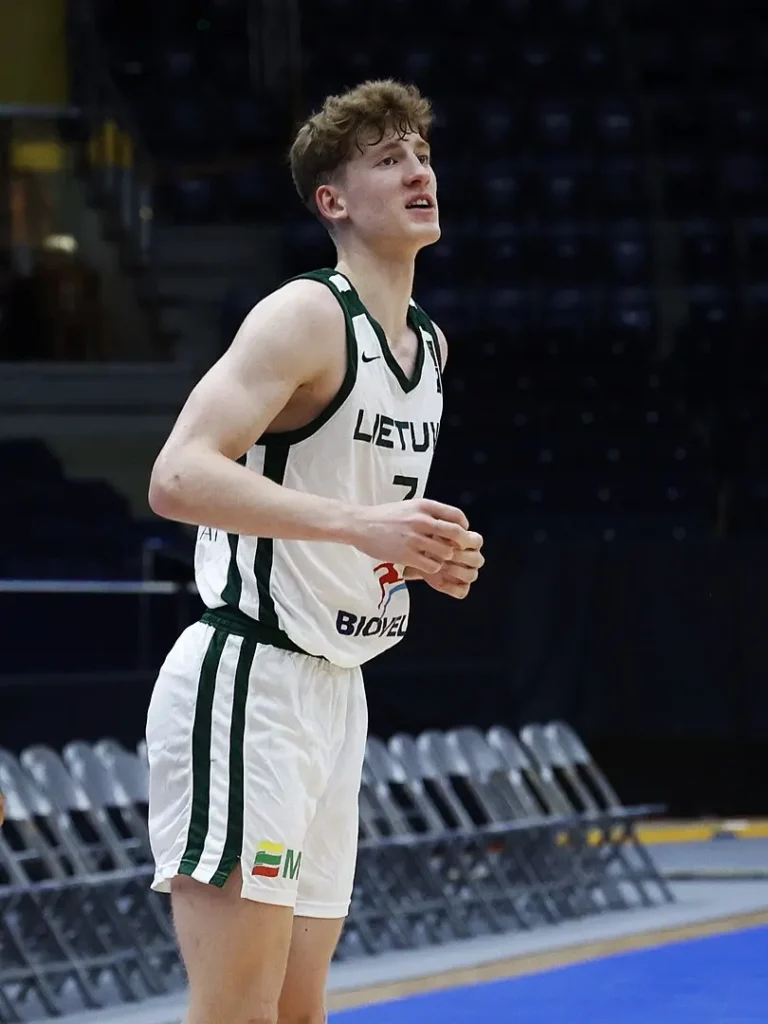
Will Riley (F, Fr.)
Another freshman making a big impact, Riley averages 15.4 points and 5.4 rebounds for the Illini. The 6’7” wing can stretch the floor (48.8% shooting over the last 10 games) and provides additional scoring punch alongside Jakucionis. Riley exploded for 31 points in Illinois’ season opener and has been a consistent scoring option. His size and athleticism on the wing will be important on both ends – he’s capable of hitting timely shots and helping on the glass.
Morez Johnson Jr. (F, Fr.)
While not a top scorer (7.1 PPG), Johnson is a key role player as Illinois’ best rebounder (6.7 RPG). The 6’9” freshman forward is a “constant double-double threat” who crashes the offensive boards to create second chances. Johnson’s work on the glass is critical for an Illinois team that leads the nation in rebounding; his ability to pull down offensive rebounds gives the Illini extra possessions. Look for Johnson to make his presence felt in the paint even if he’s not a primary scoring option.
Xavier Musketeers
Ryan Conwell (G, So.)
Conwell is the Musketeers’ sharpshooter and leading scorer on the season. The 6’4” guard averages around 16.7 points per game, buoyed by elite three-point shooting – he hits 3.0 three-pointers per game at a 41.7% clip. Conwell attempts over 7 threes a game and is the kind of marksman who can break a defense if left open. He will be a focal point for Illinois’ defense, which has struggled guarding the perimeter. If Conwell finds his rhythm from deep, it could spell trouble for the Illini. In addition to shooting, he contributes a few assists and over 1 steal per game, making him a well-rounded backcourt threat.
Zach Freemantle (F, Sr.)
The 6’9” senior forward is a versatile big man and the heart of Xavier’s frontcourt. Freemantle averaged 15 points and 7+ rebounds during the season and has been even hotter of late (18.7 points, 6.6 rebounds over the last 10 games). He is efficient around the basket (52.5% field goals) and can step out to hit mid-range shots. In the First Four win, Freemantle battled foul trouble early but still came up big late, finishing with 15 points and key plays down the stretch. Against Illinois’ imposing frontcourt, Freemantle will be leaned on to hold his own on the boards and possibly draw Illinois’ bigs away from the rim. His experience and inside-out skillset make him a tough matchup.
Dayvion McKnight (G, Sr.)
The veteran point guard McKnight is an X-factor for Xavier. He averages a modest ~9.7 points, but more importantly leads the team in assists (4.3 APG) and is a steady floor general. McKnight is a transfer with NCAA Tournament experience who can control tempo and take care of the ball (his assist-to-turnover ratio is strong, about 1.5:1. With Illinois likely to pressure the ball in their fast-paced style, McKnight’s poise and decision-making will be critical. He’s also a capable defender who will likely see time guarding Jakucionis. While not a primary scorer, McKnight’s ability to facilitate and defend could swing a few key possessions in Xavier’s favor.
Betting Odds and Lines
Oddsmakers have set a tight line for this game, reflecting expectations of a competitive contest.
Point Spread: Illinois -3.5 (Xavier +3.5).
The Illini are favored by just three and a half points – essentially a two-possession game. This narrow spread indicates that while Illinois is favored, an upset by Xavier is quite plausible (and even some analysts consider it likely). Notably, the neutral-site game in Milwaukee is relatively close to Illinois’ campus, but that “quasi-home” edge is small (Milwaukee is ~3.5 hours from Illinois’ home arena)
Moneyline: Illinois approx. -154 to -160 (bet $160 to win $100), Xavier +135 to +138 (bet $100 to win about $135).
The moneyline confirms Illinois as a mild favorite. Xavier’s odds of roughly +135 indicate about a 40% implied chance of winning – underscoring that this is close to a toss-up. In fact, ESPN’s analytics give Illinois a 60.3% chance to win vs. 39.7% for Xavier.
Over/Under (Total): 159.5 to 160.5 points
The expected total is extremely high, reflecting two teams that prefer a faster pace and high scoring. Illinois averages 83.8 points per game while Xavier averages around 78, so bookmakers anticipate a game in the 80s for each side. Bettors clearly expect a shootout and a fast tempo (the total around 160 is one of the higher marks of the first round).
Team Strengths and Weaknesses
Illinois Illini
Offensive Firepower and Pace
Illinois boasts one of the nation’s top offenses, averaging 83.8 points per game (11th in D-I). They play up-tempo (KenPom adjusted tempo rank #18) and love to push the ball in transition. Under coach Brad Underwood, the Illini spread the floor and attack quickly, creating a high-possession game. They can blitz opponents with scoring spurts – Illinois has multiple games over 90 points this season. Their fast pace and athleticism put constant pressure on defenses. A key strength is rebounding and second-chance points: Illinois pulls down 42.5 rebounds per game, which is #2 in the country. They dominate the glass, especially offensively, often getting extra opportunities to score. This bruising work on the boards has helped offset some shooting woes; even when shots don’t fall, Illinois extends possessions with offensive rebounds. Overall, when Illinois is clicking, their combination of pace, transition offense, and rebounding makes them very hard to slow down.
Balanced Scoring but Streaky Shooting
The Illini have multiple scoring options (four players average in double figures) and can hurt opponents in different ways. However, their 3-point shooting is a glaring weakness. Illinois shoots just 31.1% from three-point range, which ranks a dismal #316 nationally. Despite the poor percentage, they haven’t been shy about firing from deep (they attempt threes at the 31st-highest rate), leading to feast-or-famine results. Cold shooting nights have cost Illinois dearly – for example, they were blown out by Duke when shots didn’t fall.
If Illinois hits a reasonable percentage from outside, they become extremely tough to beat (given their other strengths). But their reliance on the three despite low accuracy makes them prone to scoring droughts. On the plus side, Illinois excels at scoring inside and off the dribble. They may look to attack the rim against Xavier rather than settling for too many threes, especially since Xavier’s defense is better at guarding the perimeter than the paint.
Defense and Turnovers
A Double-Edged Sword: Defensively, Illinois has athleticism and size, but the results have been underwhelming. They allow 74.6 points per game to opponents, which was the worst scoring defense in the Big Ten and ranks in the bottom quartile nationally. In KenPom terms, their adjusted defensive efficiency is decent (#43), but traditional stats show a leaky defense. The Illini can be slow to rotate on the perimeter and have been vulnerable to teams that move the ball well (their last three losses in conference play were all by double digits). Another weakness is that Illinois forces very few turnovers – opponents commit only 9.2 turnovers per game against them, one of the 10 worst rates in Division I (ranked #350 of 364).
Illinois’ aggressive, up-tempo style doesn’t translate to generating steals or takeaways; in fact, Illinois often loses the turnover battle (they commit ~11.5 turnovers themselves, giving them a -2.3 turnover margin). The lack of forced turnovers means Illinois can’t easily get extra possessions or fast-break chances from defense – a big reason their defense has struggled to get key stops. In summary, Illinois’ defensive strength lies in their length and shot-blocking ability at times, but inconsistency and a low-pressure approach have made this team defensively vulnerable. For the Illini to make a run, they’ll need an improved defensive effort and must avoid relying solely on out-scoring the opponent.
Xavier Musketeers
Efficient, High-Powered Offense
Offense is the calling card for Xavier. The Musketeers average a healthy ~78 points per game and do so with impressive efficiency. They shoot 46.9% from the field as a team, significantly higher than Illinois’ season average. Xavier is elite from beyond the arc – they hit 39.1% of their three-pointers, ranking 6th in the nation. This prolific outside shooting can ignite Xavier on scoring runs. Guard Ryan Conwell (41.7% 3PT) is the chief sniper, but he’s not alone; Xavier has multiple players who can knock down the three. They also excel in transition, averaging 15.2 fast-break points per game, which was the best in the Big East.
Unlike Illinois, Xavier is a great free throw shooting team (79% FT), ranking top-10 nationally – they won’t leave points at the line. Ball movement is another strength: Xavier dishes out 16.9 assists per game (17th nationally), indicative of a well-coordinated offense that shares the ball to find open shots. In short, Xavier’s offensive strengths include perimeter shooting, transition scoring, and efficient ball movement, making them a very dangerous team to defend. They are capable of scoring in bunches – as Illinois fans are wary, “the next scoring blitz could spark at any moment” from this Xavier squad.
Forcing Turnovers and Perimeter Defense
Defensively, Xavier’s stats are a mixed bag, but one standout area is forcing turnovers. The Musketeers pressure opponents into 12.3 turnovers per game, significantly more than Illinois does. They have five players averaging at least 1 steal, so hands are always active in passing lanes.
This opportunistic style gives Xavier extra possessions and easy buckets off turnovers (they outscored Texas 16-7 in points off turnovers in the First Four). On the perimeter, Xavier’s defense has been solid – they limit opponents’ three-point attempts and percentage reasonably well. Their philosophy often “funnels teams inside”, trusting their interior defense to contest shots at the rim while running shooters off the line. This could actually play to their favor against Illinois, a team that wants to attack inside and struggles from deep.
If Xavier can keep Illinois cold from three and clog the paint just enough, they could neutralize the Illini’s offense. However, Xavier’s interior defense is only average – they are “pedestrian defending at the rim” and can be scored upon in the paint, especially by strong isolation players (which Illinois has). On balance, Xavier’s defense is ranked #45 in adjusted efficiency, very similar to Illinois’. They give up about 70.9 points per game and can get into shootouts at times. The Musketeers’ ability to create turnovers is a plus, but their half-court defense can be inconsistent, and they aren’t dominant on that end.
Rebounding and Size Concerns
One area where Xavier is potentially at a disadvantage is rebounding. The Musketeers average 33.5 rebounds per game, which is decent but nowhere near Illinois’ output. In fact, Xavier ranks outside the top 100 nationally in rebounding (around 139th per KenPom) and only outrebounds opponents by about +1 per game on average. We saw this weakness in the First Four: Texas outrebounded Xavier by 6 and scored plenty inside (50% on two-point shots) – yet Xavier still escaped with the win thanks to hot outside shooting.
Against Illinois, giving up second-chance opportunities or getting beaten on the boards could be costly, since Illinois is one of the nation’s best rebounding teams. Xavier’s frontcourt is led by Freemantle, who is a solid rebounder, but they lack overwhelming size beyond him. They’ll need all hands on deck to box out and prevent Illinois from feasting on put-backs. If Xavier can at least hold their own in the rebounding battle and keep it close, their edge in shooting and turnovers could compensate. But if they get dominated on the glass (as many expect), it could negate their other strengths.
This rebounding gap is one of the key strength vs. weakness matchups in this game: Illinois’ bullish rebounding vs. Xavier’s more guard-oriented lineup.
Experience and Intangibles
On the positive side for Xavier, they bring a veteran poise – upperclassmen like Freemantle and McKnight have been in big games before. They won’t be rattled by a tight game or hostile crowd. That showed in their comeback against Texas; Xavier was down in the second half but never panicked, using a veteran resolve to surge back. Meanwhile, Illinois relies heavily on freshmen, who could be prone to mistakes or nerves on the big stage (this is Jakucionis and Riley’s first NCAA Tournament action). If the game is close late, Xavier’s experience could be an equalizer.
Additionally, coming off the First Four win, Xavier might have an edge in momentum and “already having a tournament game under their belt,” whereas Illinois must shake off the rust from an 8-day layoff since the Big Ten tourney. Historically, several First Four teams have ridden that momentum to upsets in the first round (UCLA in 2021, VCU in 2011, etc.), and this Xavier team has that kind of feel. Their intangible strengths – resilience, experience, and confidence – could loom large in crunch time.
KenPom Advanced Metrics Comparison
Ken Pomeroy’s advanced ratings suggest Illinois is the stronger team overall, but not by a huge margin, and each team has a different profile:
KenPom Overall Rank
Illinois is rated #18 nationally, while Xavier is #41. This aligns with Illinois being the favorite, but also indicates that Xavier is a high-quality team for an 11-seed.
Adjusted Offensive Efficiency (AdjO)
Illinois: 121.8 (points per 100 possessions, adjusted) – ranked 15th in the nation. Xavier: 116.4 – ranked 40th. Illinois has a more potent offense by the metrics, which might surprise some given Illinois’ shooting issues.
The Illini’s high tempo and ability to score inside (and from the foul line) boost their efficiency. Xavier’s offense is also strong (top 40) but not quite as elite in efficiency as Illinois’, despite the Musketeers’ better shooting percentages. One factor: Illinois’ offensive rebounding increases their offensive efficiency by generating more scoring chances, whereas Xavier relies on shooting efficiency.
Adjusted Defensive Efficiency (AdjD)
Illinois: 98.1 – ranked 43rd nationally. Xavier: 98.5 – ranked 45th. Practically equal defensive ratings. Both teams allow about 98 points per 100 possessions (adjusted for competition), which is roughly average among tournament teams. Neither Illinois nor Xavier hangs its hat on being an elite defensive squad, and KenPom sees them as very comparable on that end. This is noteworthy because it suggests that despite Illinois’ reputation for defensive lapses, over the full season their defense isn’t far off from Xavier’s. The difference is within the margin of error. It also implies the game could come down to whose defense can get critical stops, since both offenses are capable of lighting it up.
Tempo
Illinois plays significantly faster (approximately 71.5 possessions per game, Adjusted Tempo rank 18) vs. Xavier’s 69.2 (rank 76). So expect Illinois to try to speed the game up, while Xavier may not mind running but could also be comfortable in half-court sets. Illinois will want this game in transition as much as possible, whereas Xavier, with its experience and efficient half-court offense, won’t be afraid of a track meet but likely won’t want to get into a helter-skelter game that could favor Illinois’ athleticism. The over/under of ~160 hints that pace will indeed be high.
Overall, KenPom’s metrics give Illinois a projected margin of about +6 points on a neutral floor (that’s roughly the efficiency margin difference between #18 and #41). However, because of Xavier’s First Four status and recent form, many think this game will be closer than power ratings imply.
Head-to-Head Statistical Comparison
To further break down the matchup, here is a side-by-side look at key team statistics from the season:
| Stat | Illinois Illini | Xavier Musketeers |
| Record (Overall) | 21-12 | 22-11 |
| Points per game | 83.8 | 78.0 |
| Opponent points per game | 74.6 | 70.9 |
| Field goal percentage | 45.0% | 46.9% |
| Rebounds per game | 42.5 | 33.5 |
| Turnovers per game | 11.5 | 11.3 |
| KenPom Adj. Off. Efficiency (Rank) | 121.8 (15th) | 116.4 (40th) |
| KenPom Adj. Def. Efficiency (Rank) | 98.1 (43rd) | 98.5 (45th) |
Notes: These stats reinforce the contrast in styles. Illinois scores more points (owing to pace) but also concedes more. Xavier shoots a higher percentage from the floor, while Illinois dominates the glass. Illinois’ +9 rebounding edge per game is striking, whereas Xavier has a slight edge in turnover margin (Illinois actually commits a bit more than they force, while Xavier is the opposite). The advanced efficiency numbers from KenPom echo that Illinois has a top-tier offense and an okay defense, and Xavier is very balanced (good offense, decent defense).
One interesting matchup nugget
Illinois’ 83.8 PPG is 12.6 points above what Xavier typically allows (71.2), so if Illinois hits their average, they’ll be pushing Xavier beyond its usual defensive comfort zone. Conversely, Xavier’s 46.9% shooting will challenge an Illinois defense that allows opponents only 42.2% shooting – something has to give. Whichever team can impose its style (Illinois turning it into a fast-paced, high-scoring affair or Xavier executing efficiently and controlling tempo when needed) will likely have the upper hand.
Predictions and Best Bets For Illinois vs. Xavier
This 6 vs. 11 matchup has emerged as a popular upset pick in many brackets, and predictions from various analysts are indeed split:
Upset Picks for Xavier
The Arizona Republic is picking Xavier to win “67-63” in a defensive battle, citing the historical trend of First Four teams making deep runs and the Musketeers’ momentum. Similarly, the Cincinnati Enquirer predicts “Xavier 81, Illinois 77”, arguing that Xavier’s offense will exploit an Illinois defense that ranked last in the Big Ten in points allowed (74.6) and that the Musketeers can run with Illinois in a track meet. These prognostications highlight Xavier’s experience and offensive firepower as reasons they could knock off Illinois. The upset case is bolstered by Illinois’ inconsistency and reliance on freshmen – if the Illini have an off night (especially shooting), Xavier is fully capable of capitalizing. Xavier’s players have openly embraced the underdog role and seem confident they “could be that team” that gets hot after the First Four.
Picks for Illinois
On the other side, several analysts still favor Illinois in a close one. Wes Huett of the Peoria Journal Star predicts “Illinois 80, Xavier 78”, expecting a shootout where the Illini’s just-enough defense makes the difference late. The consensus among those picking Illinois is that the Illini’s superior talent and inside strength will prevail, albeit in a high-scoring, tight contest. If Illinois can dictate tempo, dominate the glass, and see even a modest uptick in their three-point shooting, they have the tools to win and even cover the small spread. It’s worth noting that ESPN’s BPI gives Illinois a 60% win probability, reflecting a slight but clear edge.
Sportsbooks and Betting Experts
Given the nearly coin-flip nature of this game, bettors need to weigh momentum vs. talent. Sports Illustrated’s betting expert Reed Wallach is siding with the favorite, “taking the Fighting Illini at a discount” and laying the -3.5 points. He reasons that Illinois’ dominance on the boards (7th-best rebounding team nationally) will play a huge role against Xavier (139th in rebounding), and that Illinois matches up well because they can exploit Xavier’s interior defense. Wallach notes that if Illinois even has a normal shooting night (not even a great one), they could “win with relative ease”.
On the other hand, some bettors might see value in Xavier’s moneyline (+135) given their form and the track record of play-in teams. The over/under ~160 is intriguing – both teams are capable of hitting the over, but NCAA tournament games can sometimes tighten up. The Peoria prediction (158 total points) was just under, whereas the Enquirer prediction (158) and others imply a high-70s to 80s shootout which would be right near or over the total. Considering Illinois’ fast pace and questionable defense, and Xavier’s efficient offense, the over is a reasonable play if you expect a true shootout. However, if you believe Xavier will try to control the game a bit more, it could land in the mid-70s each, just under the line.
You can check the best Illinois sports betting apps here.
Our Prediction
This game has all the makings of a nail-biter. Xavier’s three-point shooting and experience versus Illinois’ pace and rebounding is a classic contrast. The first ten minutes will be telling – if Illinois comes out hot and uses their athleticism to get easy baskets (and the crowd behind them, given proximity), the Illini could roll and cover the spread. But if it’s close at half and Xavier is hitting from deep, all the pressure shifts to Illinois. Ultimately, the slight lean here is Illinois finding a way to survive a scare.
The Illini’s ability to dominate the boards and score inside should give them the edge in crunch time. Expect Jakucionis to rebound from his Big Ten tourney struggles and attack the rim, and for Illinois to finally force a few key turnovers (Xavier had some sloppy stretches vs. Texas that Illinois coaches will have studied). Xavier will hang around all game with their shooting – a barrage of threes at any point could swing it – but they may have trouble getting crucial stops late if Illinois pounds the paint. A one or two-possession game in the final minute is likely.
Predicted score: Illinois 84, Xavier 79.
From a betting standpoint, Illinois -3.5 is a cautious pick (acknowledging Xavier’s upset potential). The Illini’s higher ceiling and physical advantages make them the play against such a small spread, as long as you trust their focus in a win-or-go-home setting. For the total, lean OVER 160 – neither team is likely to slow the pace, and both offenses can exploit the other’s defensive weaknesses. Illinois games often turn into track meets, and Xavier will happily run and gun as well. It wouldn’t surprise us if both teams hit the 80-point mark given the talent on the floor. One prop to consider: Xavier team total over (if available around 78-79 points) – Illinois has allowed big scoring nights to good offenses, and Xavier should reach the high 70s at least.
Best Bets
Illinois -3.5 (small confidence), Over 160 points. For bracket purposes, Illinois advances but it’s far from a sure thing. This is a matchup where “survive and advance” will be the mantra for the favorite. Expect a highly entertaining contest that could go down to the wire.
Find the best bet365 betting promo for March Madness games here.
How to Watch Illinois vs. Xavier March Madness
The game will be played on Friday, March 21 at Fiserv Forum in Milwaukee, scheduled for 9:45 PM ET (8:45 PM CT) on CBS.
